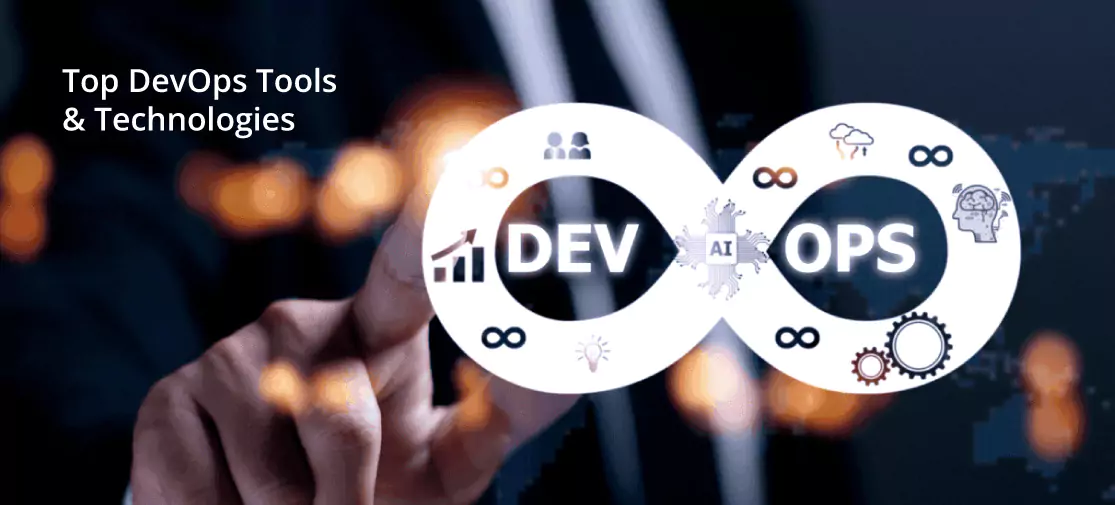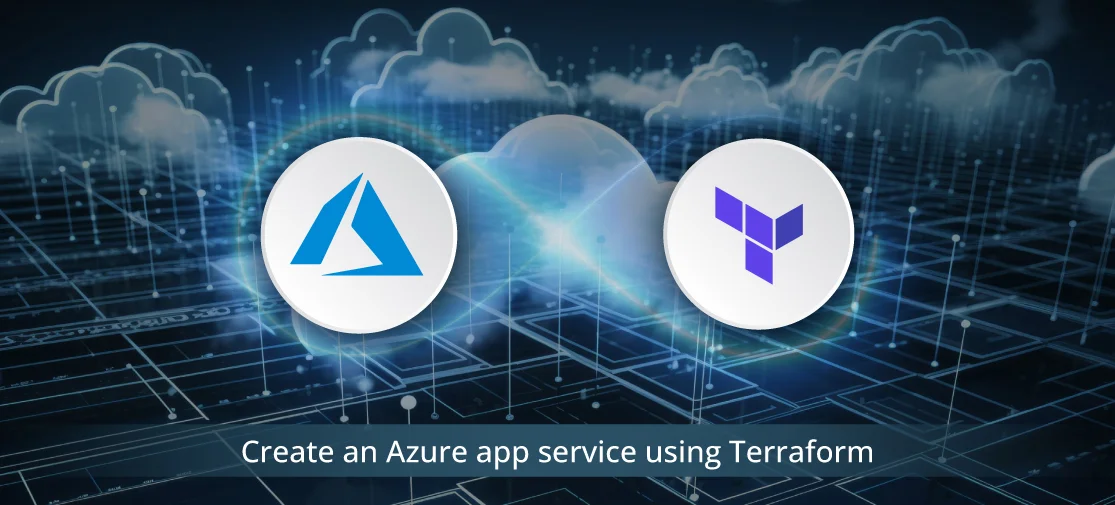Introduction
In the fast-evolving world of software development, DevOps has emerged as a crucial cultural shift, fostering collaboration between development and operations teams. It's more than just a set of tools; it's a philosophy that accelerates software delivery while maintaining quality and security. As we dive into 2023, DevOps continues to gain momentum, with the market projected to reach USD 10.3 billion by the end of the year. In this article, we'll explore the essence of DevOps, its workings, its beneficiaries, and, most importantly, the top DevOps tools and technologies driving innovation.
What is DevOps?
DevOps is a cultural and technical movement aimed at enhancing an organization's ability to deliver software quickly and efficiently. It emphasizes collaboration, automation, and continuous improvement, breaking down silos between development and operations teams. In essence, DevOps accelerates the software development lifecycle.
The DevOps workflow understanding how DevOps works involves recognizing its lifecycle stages
- Development: Version control tools and build systems streamline code management.
- Integration: The integration of code and automated testing ensures consistency.
- Deployment: Automation facilitates code deployment to target environments.
- Testing: Continuous, automated testing identifies and addresses issues.
- Monitoring: Automated processes detect and mitigate security and compliance threats.
Who uses DevOps and what is Its purpose?
DevOps transcends industry boundaries and is embraced by diverse organizations
- Internet giants like Amazon, Netflix, and Facebook leverage DevOps for rapid innovation.
- Media companies like Sony Pictures rely on DevOps to streamline content delivery.
- Small and medium-sized businesses harness DevOps for agility and competitiveness.
- Even government entities adopt DevOps to enhance service delivery.
Exploring DevOps tool categories DevOps thrives on a myriad of tools and toolchains across different stages
- DevOps planning tools: For project ideation and management.
- DevOps automation tools: Streamlining CI/CD pipelines with tools like Jenkins and Bamboo.
- DevOps version control tools: Managing code with Git, Subversion, and Mercurial.
- Container management tools: Docker and Kubernetes for container orchestration.
- Application performance monitoring tools: Keeping apps optimized and responsive with Prometheus and Dynatrace.
- Deployment and server monitoring tools: Ensuring production environment stability with Splunk and Datadog.
- Configuration management tools: Enforcing system and application configuration standards using Chef and Puppet.
- Test automation tools: Automating testing for faster code delivery with Test.ai and Ranorex.
- Artifact management tools: Efficiently managing software artifacts with Sonatype Nexus and CloudRepo.
- Communication and collaboration tools: Streamlining team communication with tools like Slack.
- Cloud computing tools: Leveraging cloud services for scalability and flexibility with AWS.
- IT ticketing tools: Resolving internal IT issues through Zendesk and Zoho Desk.
- DevOps Monitoring Tools: Ensuring system health and responsiveness with Sensu and PagerDuty.
- Infrastructure as Code Tools: Automating infrastructure management with Terraform and SaltStack.
- DevSecOps tools: Enhancing security integration within SDLC with tools like SonarQube and Twistlock.
Key benefits of implementing DevOps
- High development velocity: Faster innovation and software delivery.
- Stable environments: Reduced stress from introducing new features.
- Enhanced business agility: Remaining competitive by adapting quickly.
Top DevOps tools and technologies
- Jenkins: A versatile CI/CD platform.
- Docker: Simplifying application deployment with containers.
- Kubernetes: Managing containerized workloads efficiently.
- Prometheus: Open-source monitoring and alerting.
- AWS: A comprehensive cloud computing platform.
- SonarQube: Code scanning and vulnerability prioritization.
- Splunk: Analyzing machine data for insights.
- Terraform: Infrastructure as code for multi-cloud apps.
- Slack: Streamlined team communication and collaboration.
- Sensu: Continuous monitoring for apps and infrastructure.
- Chef: Automated configuration management.
- Test.ai: AI-powered test automation.
- Sonatype Nexus: Artifact repository manager.
- Zendesk: Simplified IT ticketing and customer support.
- CloudRepo: Managed cloud service automation.
- PagerDuty: Operations performance platform.
- SaltStack: Agentless automation for infrastructure management.
Conclusion
In 2023, DevOps continues to revolutionize Software development, offering organizations a competitive edge through collaboration, automation, and continuous improvement. By leveraging the right DevOps tools and technologies, businesses can keep pace with industry trends and deliver high-quality software at an unprecedented rate. Embrace the DevOps culture, explore the evolving tool landscape, and embark on a journey of continuous innovation in the world of software development.




